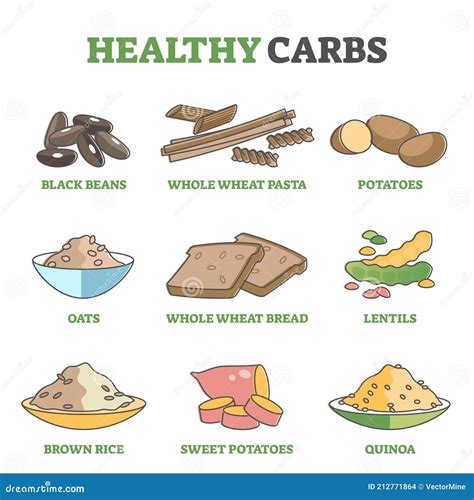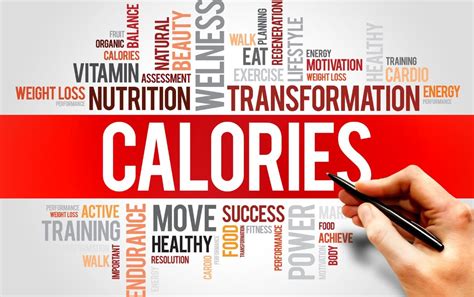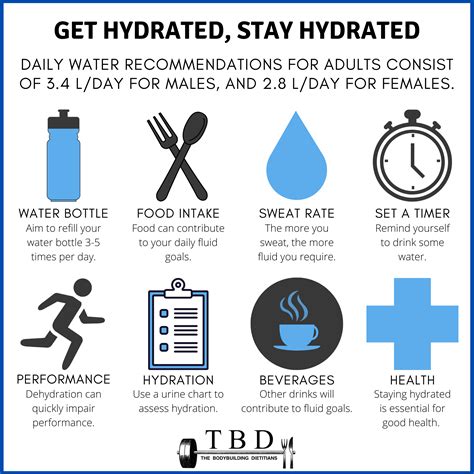Best pre-workout nutrition for sustained energy & peak performance?

When it comes to maximizing your workout, what you eat before hitting the gym can be just as important as the workout itself. The right pre-workout nutrition provides your body with the fuel it needs to perform at its best, sustain energy levels, prevent fatigue, and even aid in post-workout recovery. Neglecting this crucial meal can lead to sluggishness, premature exhaustion, and a less effective training session.
The Pillars of Pre-Workout Nutrition: Macronutrients
A balanced pre-workout meal typically focuses on three key macronutrients: carbohydrates, protein, and to a lesser extent, healthy fats. Each plays a distinct role in preparing your body for physical exertion.
Carbohydrates: Your Primary Energy Source
Carbohydrates are your body’s preferred and most efficient source of energy. They are broken down into glucose, which is stored as glycogen in your muscles and liver. During exercise, this glycogen is converted back into glucose to fuel your working muscles.
- Complex Carbohydrates: For meals 2-3 hours before a workout, opt for complex carbs like oats, whole-grain bread, brown rice, or sweet potatoes. These provide a slow and steady release of energy, ensuring sustained fuel throughout your session.
- Simple Carbohydrates: If you’re eating closer to your workout (30-60 minutes), simple carbs like a banana, an apple, or a small handful of dried fruit can provide a quick energy boost without weighing you down.

Protein: Muscle Protection and Repair
While carbohydrates provide the primary fuel, protein plays a vital role in protecting your muscles during intense exercise. Consuming protein before a workout helps to reduce muscle breakdown, aids in muscle repair, and contributes to a feeling of fullness. It also provides amino acids necessary for muscle protein synthesis.
- Good sources include lean chicken, turkey, Greek yogurt, eggs, cottage cheese, or a protein shake.
- Aim for a moderate amount to avoid digestive discomfort.
Healthy Fats: Sustained Energy for Longer Workouts
Fats are a denser source of energy and are primarily utilized during longer, lower-intensity workouts. While not the primary focus for most pre-workout meals, a small amount of healthy fats can contribute to satiety and provide sustained energy. However, too much fat can slow digestion and lead to stomach discomfort during exercise.
- Examples include a small serving of avocado, nuts, or nut butter.
Timing Your Pre-Workout Meal for Maximum Benefit
The timing of your pre-workout meal is almost as important as its composition. This largely depends on the size and type of the meal and your individual digestion speed.
- 2-3 Hours Before: If you’re consuming a full meal containing complex carbohydrates, lean protein, and a small amount of healthy fats, aim for 2-3 hours before your workout. This allows sufficient time for digestion and nutrient absorption, preventing an upset stomach.
- 30-60 Minutes Before: For a smaller snack, focus on easily digestible carbohydrates and a little protein. Options like a banana, a piece of toast with a thin spread of nut butter, or a small fruit smoothie can provide a quick energy boost without causing discomfort.

Optimal Food Choices: What to Eat
Here are some practical examples of effective pre-workout meals and snacks:
For 2-3 Hours Before Workout:
- Oatmeal with berries and a scoop of protein powder or Greek yogurt.
- Whole-wheat toast with scrambled eggs and avocado.
- Chicken breast with brown rice and steamed vegetables.
- Sweet potato with lean ground turkey.
For 30-60 Minutes Before Workout:
- Banana or apple.
- A small fruit smoothie (e.g., banana, spinach, water).
- Rice cakes with a thin layer of jam.
- A small energy bar (check sugar content).

The Unsung Hero: Hydration
Beyond food, adequate hydration is critical for peak performance. Dehydration can lead to fatigue, decreased endurance, and impaired cognitive function. Ensure you’re well-hydrated throughout the day, and consume water before and during your workout. Aim for 16-20 ounces of water 2-3 hours before exercise, and another 8-10 ounces 20-30 minutes prior.
What to Avoid: Common Pre-Workout Mistakes
Just as important as knowing what to eat is knowing what to avoid. Heavy, fatty, or overly fibrous foods right before a workout can lead to digestive issues, bloating, and sluggishness. Highly sugary snacks can cause a rapid spike and then crash in blood sugar, leaving you feeling drained.
- Avoid deep-fried foods, high-fat dairy, and large portions of meat.
- Limit processed sugary drinks and candies that offer little sustained energy.
- Be mindful of excessive fiber if it causes discomfort during exercise.

Listen to Your Body: Individualization is Key
While general guidelines exist, every individual is different. What works perfectly for one person might cause discomfort for another. It’s crucial to experiment with different foods and timings to discover what best suits your body and your workout intensity. Pay attention to how you feel during and after your training sessions and adjust your pre-workout nutrition accordingly.

Optimizing your pre-workout nutrition is a powerful tool in your fitness arsenal. By strategically fueling your body with the right balance of carbohydrates, protein, and healthy fats, consumed at the appropriate time, you can unlock sustained energy, enhance your performance, and make every workout count. Prioritize this essential meal to feel stronger, train longer, and achieve your fitness goals more effectively.









